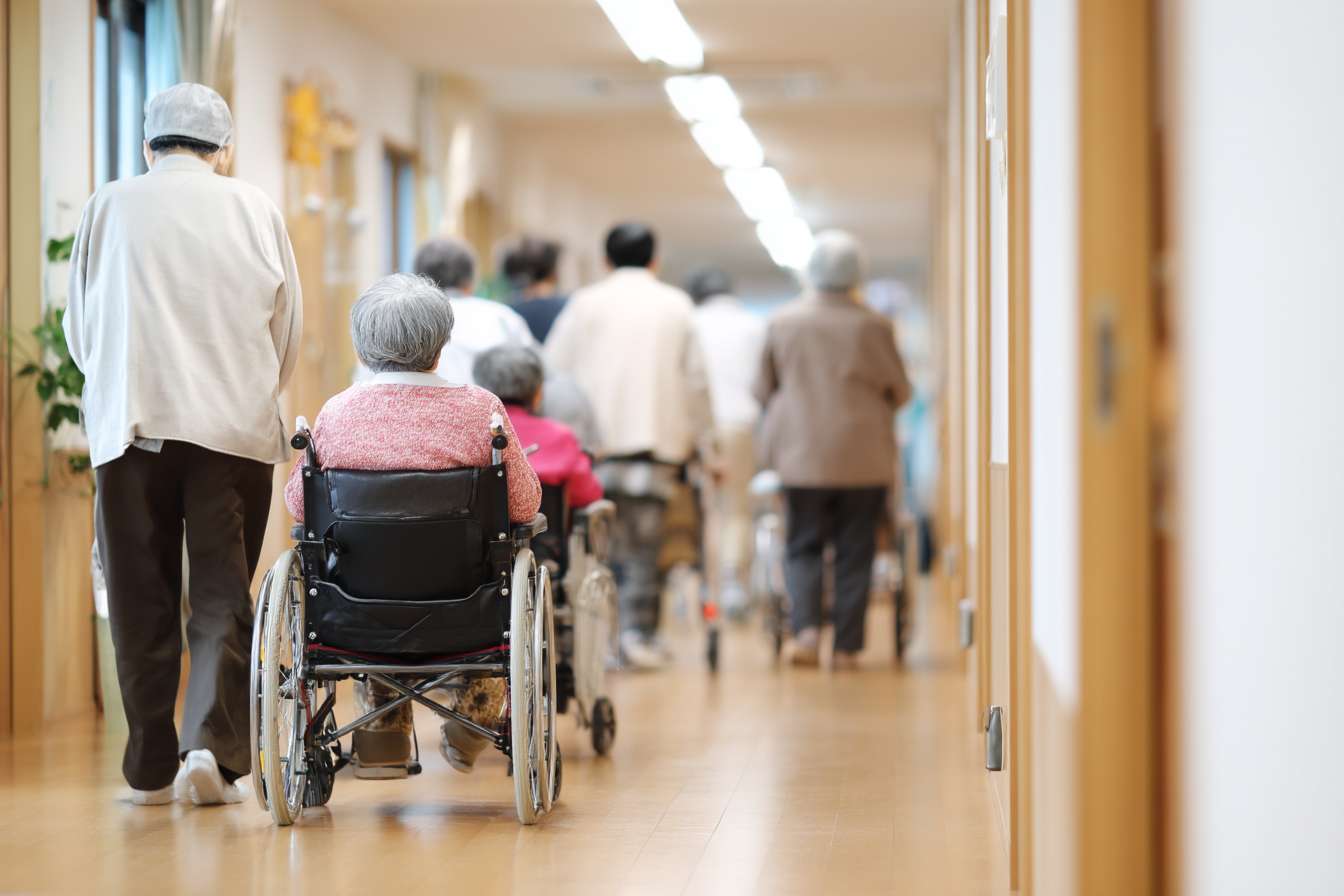Hairdresser Services for Seniors and Elderly: Salon Hair Care Options
Good hairdresser services can make a meaningful difference in daily comfort, personal dignity, and social engagement for senior and elderly clients. This article outlines practical salon and hair care approaches, accessibility considerations, and what to expect when choosing local services for older adults, with clear explanations for caregivers and clients alike.

This article is for informational purposes only and should not be considered medical advice. Please consult a qualified healthcare professional for personalized guidance and treatment.
How can a hairdresser support senior and elderly clients?
A skilled hairdresser working with senior and elderly clients combines technical skill with patience and understanding. Services commonly include gentle shampooing, short haircuts, trims, styling that’s easy to manage at home, and treatments for common scalp conditions. A hairdresser often adapts communication—speaking clearly, explaining each step, and checking comfort—so the appointment feels calm and manageable.
Beyond haircutting, many hairdressers assist with product recommendations tailored to thinning hair, dryness, or brittle strands. They can advise on simple daily routines or low-maintenance styles that preserve the client’s preferred look while reducing the need for frequent salon visits. This practical support helps maintain appearance and self-esteem.
What hair care needs are common for the elderly?
As people age, hair often becomes thinner, drier, and more fragile, while the scalp can become more sensitive. Common hair care needs for the elderly include moisturizing treatments, conditioning that reduces breakage, and scalp care for dryness or flaking. Some clients may have medical factors—like medication effects, chemo-related changes, or limited dexterity—that alter their hair needs.
A hairdresser knowledgeable about senior hair care will recommend suitable shampoos, conditioners, and styling products with mild ingredients. They may suggest shorter styles that require minimal handling, or protective cuts that minimize tension on fragile hair. Practical advice on at-home combing, brushing, and gentle towel drying can reduce damage between salon visits.
How can a salon adapt for senior mobility and comfort?
Salons that serve seniors often make modest but important adjustments to improve accessibility and comfort. These can include level flooring or ramps, wide doorways, accessible restrooms, and seating with good back support. Salon layout that allows wheelchair access to styling stations and shampoo units with reclining chairs or removable sinks helps reduce transfers and physical strain.
Comfort also involves scheduling and pace: offering quieter appointment times, allowing extra time for consultations and services, and accommodating caregivers who accompany the client. Clear signage, non-slip mats, and staff trained in assisting clients with limited mobility contribute to a safer, more welcoming environment for elderly patrons.
What qualifications should a hairdresser have for senior care?
While licensing requirements for hairdressers vary by region, experience with senior clients and completion of continuing education in special-needs care are strong signals of competence. Look for hairdressers who demonstrate knowledge of age-related hair conditions, scalp issues, and safe handling techniques. Some professionals pursue specialized training in working with clients who have dementia, Parkinson’s disease, or reduced mobility.
Soft skills are equally important: empathy, patience, and clear communication help create trust. A hairdresser familiar with adaptive tools—lighter hand tools, gentle clips, or shampoo chairs with extra support—can tailor services to individual health and comfort needs without compromising quality.
How to find local salon hair care services for seniors?
When searching for local services in your area, start by asking for recommendations from healthcare providers, community centers, or neighbors. Many senior centers and assisted living facilities share lists of hairdressers who regularly work with elderly clients. Online reviews and salon websites can indicate whether a salon mentions accessibility, senior pricing, or home visit options.
Before an appointment, call the salon to discuss specific needs: mobility requirements, time preferences, and any medical considerations. Inquire about staff experience with senior clients and whether home-visit hairdresser services are available if travel is difficult. Clear communication ahead of time helps the salon prepare the right equipment and schedule appropriate appointment length.
Conclusion
Hairdresser services tailored to seniors and elderly clients blend technical hair care with practical accommodations and compassionate service. Whether choosing a local salon or arranging in-home visits, prioritize accessibility, staff experience, and product choices that respect aging hair and scalp needs. With appropriate planning and clear communication, hair care can remain a comfortable, dignified part of personal routine for older adults.






